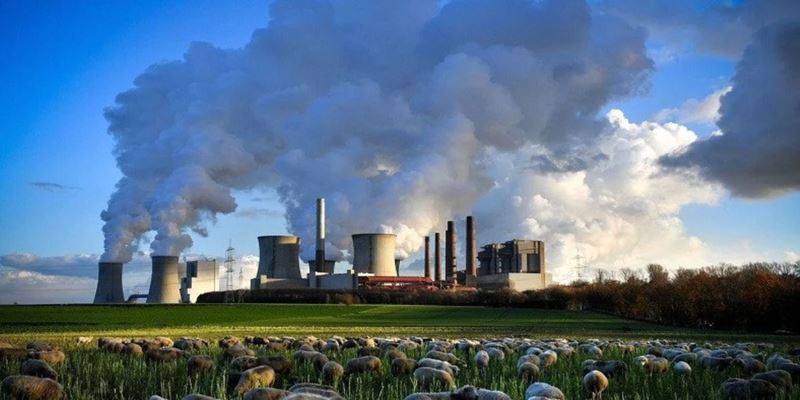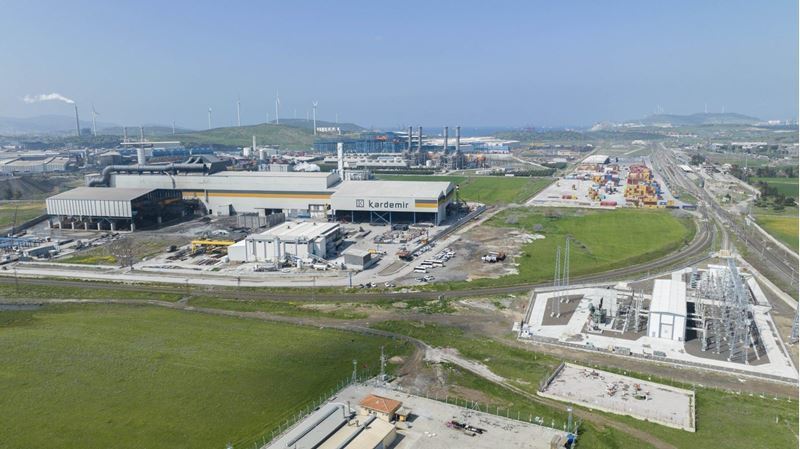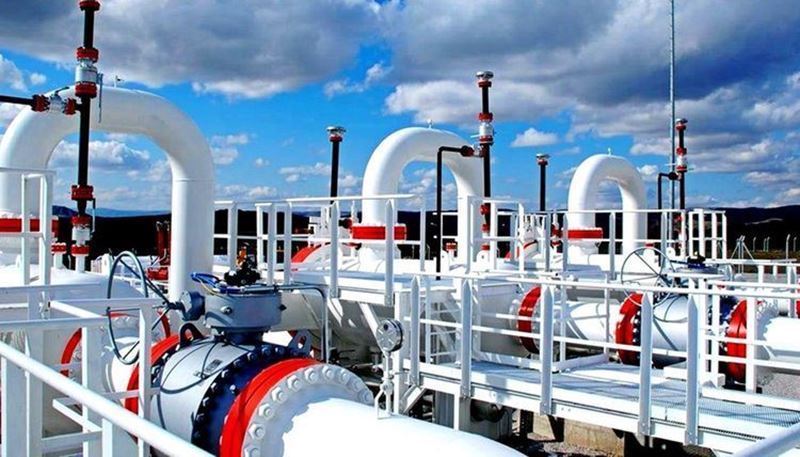The report includes assessments for 8 sectors, 90 percent of which are dependent on fossil fuels, such as cement, steel, aluminum, ammonia, oil and gas, aviation, shipping and trucking, to reach the net zero emission target.
According to the WEF and Accenture, approximately 13.5 trillion dollars of investment is needed by 2050 to ensure the sustainability of these sectors and reach the net zero emission target. This investment includes solar, wind, nuclear and geothermal power generation costs, electrolyzer costs for clean hydrogen and carbon transportation, and storage costs.
The report outlines sector-specific net zero emission strategies that differ depending on regional factors, while emphasizing the need for further investment in clean energy, hydrogen production and carbon capture, utilization and storage technologies.
Noting that decarbonization is more complex, especially in energy-intensive sectors such as cement and steel, which use more than three times the energy consumed in the US, the report highlights the challenges these sectors face in achieving net zero emissions.
The report, which states that emissions have increased by 8 percent in the last three years due to increased activity and demand, emphasizes that these sectors are not yet compatible with the International Energy Agency's goal of achieving net zero emissions by 2050.
The WEF report underlines the urgency of promoting low emission technologies and establishing appropriate policies for the energy transition, and states that industry should be supported in this transformation.











Comments
No comment yet.